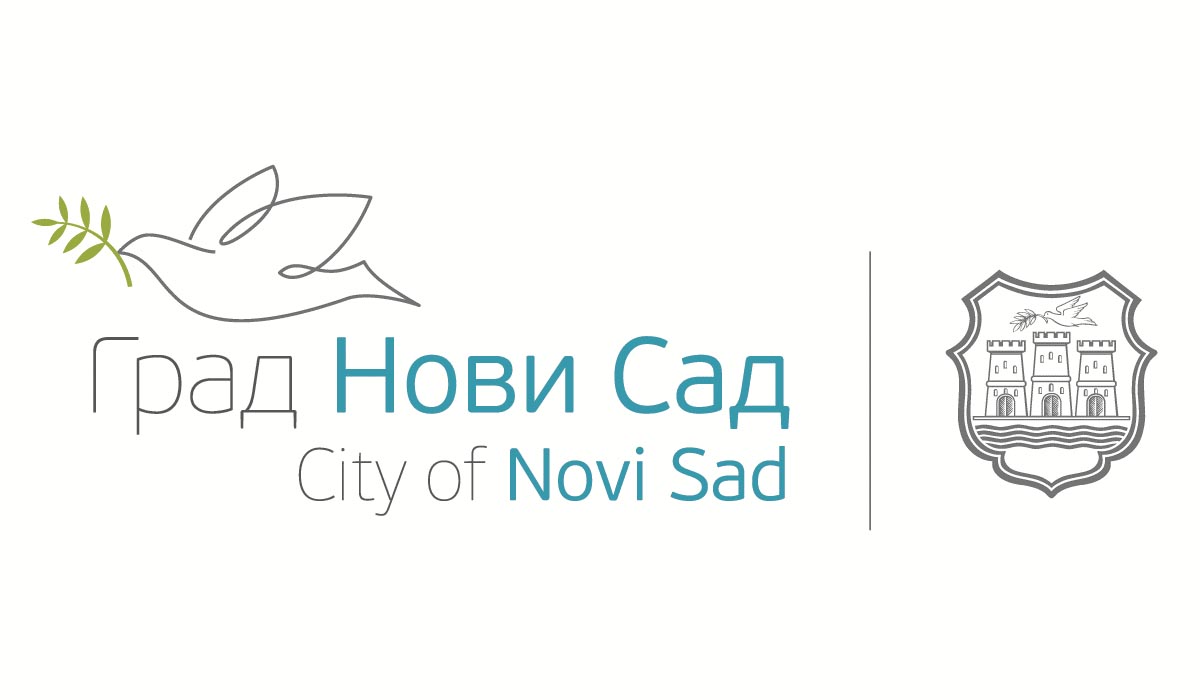EXISTENCE OF COLLECTIVE WOMEN’S EXPERIENCE VIEWED IN THE LIGHT OF HISTORIOGRAPHY REFERRING TO WOMEN IN EARLY MODERN WESTERN AND EASTERN EUROPE
Abstract
In the light of opposing views on the existence of collective women’s experience and rising support for the idea of the category of “woman” as one that changes over time, it becomes interesting to consider the methodology which assumes the existence of a collective women’s experience. Keeping in mind ideas propounded by theorists to determine the meaning of social category of “woman”, the paper explores women’s experiences in terms of three selected components: economic involvement, religion rights, and women’s power and gender. Thus it is concluded that 1. women from spatial area under research had different experiences in domains of their economic inclusion and regarding their opportunities to hold political power and influential position within the family. 2. However, there are indisputable features that common to women in the mentioned geographical and time frame. 3. The third conclusion stems from the to mentioned: that the theories assuming existence of women’s collective experience are partially valid and need to be applied with care due to the two above mentioned conclusions.
Downloads
References
Bock, G. Women in European history, Oxford: Blackwell Publishers, 2002.
Bogucka, M. Women in Early Modern Polish Society against the European Background, Hampshire: Ashgate, 2004.
Davis-Zemon, N. Society and Culture in Early Modern France, Cambridge: Polity Press in association with Basil Blackwell, 1987.
Downs, L. L. ‘If 'Woman' is Just an Empty Category, Then Why Am I Afraid to Walk Alone at Night? Identity Politics Meets the Postmodern Subject’, Comparative Studies in Society and History, April, 1993, pp. 414-437.
Filan, K. ‘Women and Pious Endowments in Bosnia’ in: A. Buturović and I. C. Schick (eds.), Women in the Ottoman Balkans: Gender, Culture and History, New York: I.B. Tauris, 2007, pp. 99-127.
Ivanova, S., ’Judicial Treatment of Matrimonial Problems of Christian Women in Rumeli during the Seventeenth and Eighteenth Centuries’ in: A. Buturović and I. C. Schick (eds.), Women in the Ottoman Balkans: Gender, Culture and History, New York: I.B. Tauris 2007, pp. 153-201.
Jevtić, D. Popović, D. Narodna pravna istorija, Beograd: Savremena administracija, 2003. [Јевтић Д. Поповић Д. Народна правна историја, Београд: Савремена администрација, 2003.]
Kelly, J. Women, History and Theory, Chicago & London: University of Chicago Press, 1984.
Ogilvie, S. C. A Bitter Living: Women, Markets and Social Capital in Early Modern Germany, Oxford: Oxford University Press, 2003.
Roper, L. The Holy Household, Oxford: Oxford University Press, 1989.
Roper, L. ‘Extracts from Oedipus and the Devil: Witchcraft, Sexuality and Religion in Early Modern Europe’, in: R. Shoemaker and M. Vincent (eds.), Gender and History in Western Europe, London: Hodder Education Publishers, 1998, pp. 149-161.
Scott, J. W. Gender and the Politics of History, New York: Columbia University Press, 1999.
Wiesner, M. E. Women and Gender in Early Modern Europe, Cambridge: Cambridge University Press, 2000.
Willen, D. ‘Women in the Public Sphere in Early Modern England: The Case of the Working Urban Poor’, Sixteen century journal, vol. 19, 1988, pp. 559-575.












